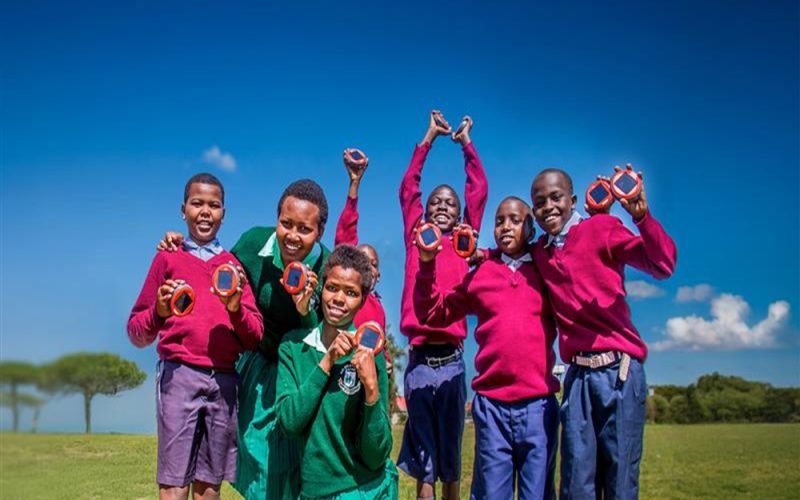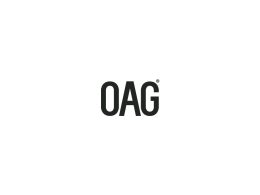-
With 128 winners transforming 400 million lives around the world, the Prize continues to attract the world’s most pioneering sustainability solutions.
-
30% surge in global entries highlights the Prize’s growing impact in advancing transformative solutions across health, food, water, energy, and climate action
-
AI-powered solutions, disruptive innovations, and technologies that expand access to essential services emerged as defining trends across all categories, reflecting a global shift toward inclusive, locally adapted development
The UAE’s Zayed Sustainability Prize, a pioneering global award that has transformed the lives of over 400 million people, has officially closed submissions for its 2026 awards cycle. A total of 7,761 entries from 173 countries were received across the six categories of Health, Food, Energy, Water, Climate Action and Global High Schools, reflecting the Prize’s continued role in advancing impactful solutions to pressing global challenges.
Now in its 17th year, the Prize empowers small to medium-sized enterprises (SMEs), nonprofit organisations and high schools to develop and scale sustainable innovations that improve lives, especially in vulnerable and underserved communities. From clean energy and healthcare access to regenerative agriculture and safe drinking water, this year’s submissions reflect a rising focus on technology-powered, community-led models that expand access where it’s needed most.
Submissions increased by 30% compared to the previous cycle. There was a marked rise in projects that integrate cutting-edge technologies – such as artificial intelligence, direct air carbon capture, and fintech tools – with grassroots approaches, highlighting how innovation, equity, and long-term impact are converging in meaningful ways.
H.E. Dr. Sultan Ahmed Al Jaber, UAE Minister of Industry and Advanced Technology and Director-General of the Zayed Sustainability Prize, said: “The record number of submissions to this year’s Prize cycle reflects a growing global commitment to practical, scalable solutions that deliver long-term impact. We saw particularly strong momentum in food systems, where smart technologies are helping boost productivity and resilience. Across all categories, the increased use of AI and other advanced technologies highlights how innovation is being harnessed to drive inclusive, community-led progress. The Zayed Sustainability Prize remains focused on recognising pioneers who deliver measurable impact and advance sustainable development worldwide.”
Early analysis shows that around 85% of all submissions came from the developing and emerging economies, with top contributions from India, Ethiopia, Uzbekistan, Brazil, and Indonesia. Participation was also high from developed countries like the United Arab Emirates and the United States of America, both making it into the top 10 submission countries.
The Food (1,630) and Climate Action (1,880) categories attracted the highest number of entries, reflecting the global urgency around food security, ecosystem protection, and disaster resilience. These were followed by Health (1,497), Global High Schools (1,070), Water (863) and Energy (821).
Submissions to the Health category grew by over 60% this year, with entries focusing on AI-enabled diagnostics, wearable tech, and decentralised care. Many also explored tech-enabled sustainable logistics and improved traceability to strengthen healthcare delivery systems.
The Food category highlighted advances in precision agriculture and agri-robotics, with smart systems and drones helping farmers boost yields as well as circularity in food systems.
In Energy, submissions revealed a growing interest in thermal energy storage and advanced low-carbon fuels, and broader energy transformation, including solutions for future-proofing energy systems to meet the growing global demand scenarios.
Entries in the Water category explored innovative ways to expand freshwater access, including atmospheric water generation and low-energy desalination, as well as fintech tools that promote more transparent and equitable distribution.
Climate Action entries addressed both mitigation and adaptation, featuring nature-based solutions, direct air carbon capture, predictive tools for resilience and disaster preparedness, and community-based conservation grounded in Indigenous knowledge.
Youth-led submissions in Global High Schools reflected a remarkable surge in youth engagement and commitment to sustainability, with projects ranging from AI-powered climate monitoring and smart irrigation for school farms to low-cost water filtration and tech-based approaches to waste tracking and upcycling.
Following the close of submissions, the Prize now enters the evaluation stage. All entries will be shortlisted by an independent research and analysis consultancy. A Selection Committee comprised of globally renowned industry experts will then assess the qualified entries and shortlist the candidates. The third and final tier of the evaluation process is the Jury, which will convene in October to unanimously elect the winners in each category.
Winners will be announced at the Zayed Sustainability Prize Awards Ceremony on 13 January 2026, during Abu Dhabi Sustainability Week. Each winner in the organisational categories will receive US $1 million, while six high schools – representing the world’s regions – will be awarded US $150,000 each to implement or expand their sustainability projects.










